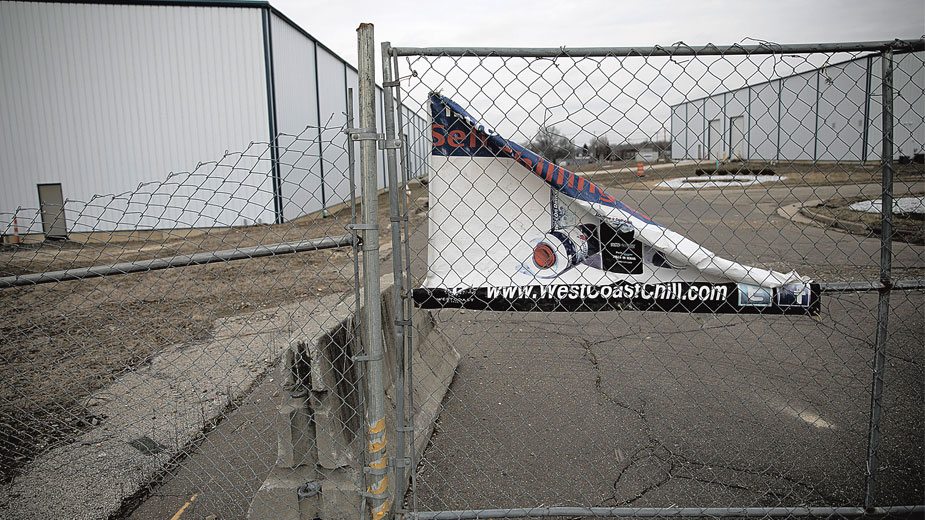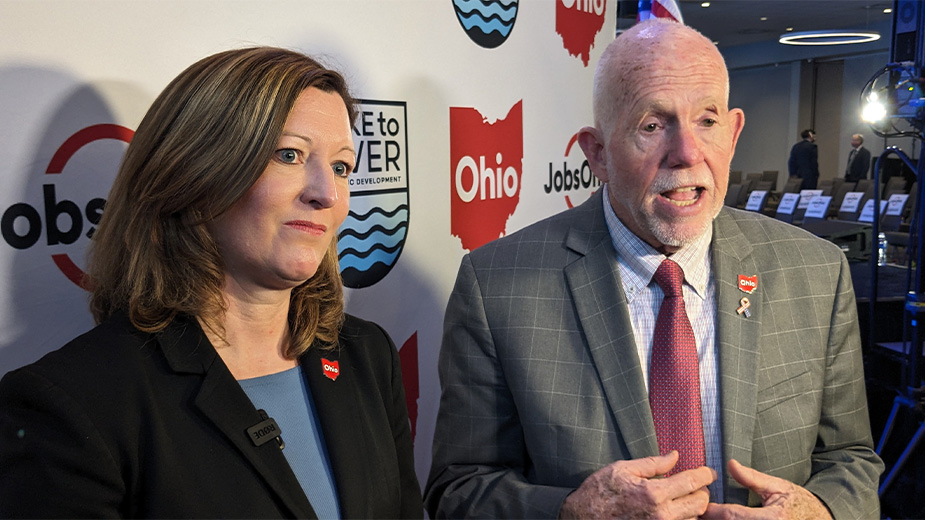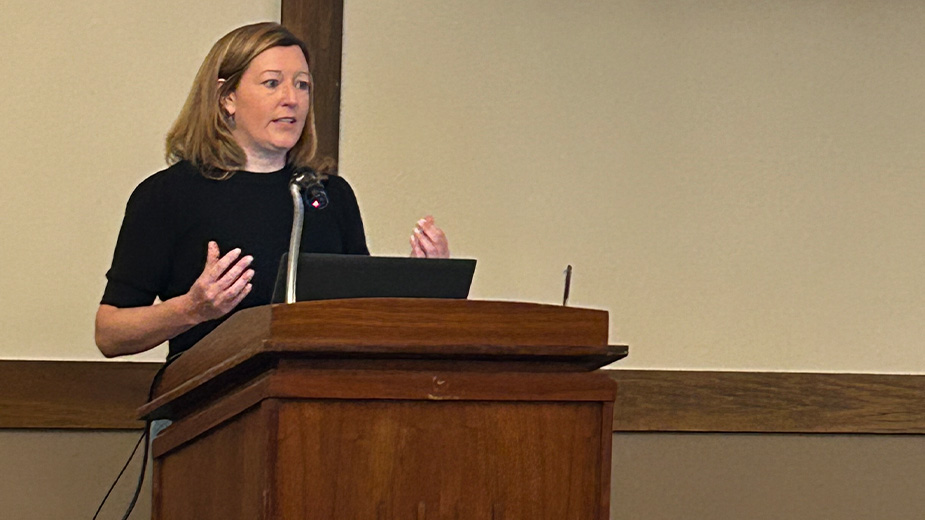Krichbaum Recuses His Court from Hearing Chill-Can Case
YOUNGSTOWN, Ohio – Mahoning County Common Pleas Court Judge R. Scott Krichbaum has disqualified his court from hearing a dispute between the city and the developer of the beleaguered Chill-Can project, according to documents filed this week.
A judgment entry filed Oct. 28 and signed by Krichbaum states that the court “has reviewed the matter herein and finds it necessary to recuse itself from any further proceedings in this case.”
No reason was given for the recusal, nor have there been filings from either party requesting that the court disqualify itself.
The case has been reassigned to Common Pleas Judge Maureen Sweeney.
The city and developer M.J. Joseph Development Corp. are embroiled in a legal dispute over the stalled Chill-Can development on the city’s East Side. The city claims the developer failed to honor two development agreements the company signed in 2017 and is seeking restitution of more than $2.8 million.
M.J. Joseph has denied the allegations and claims that the city does not have the right to reclaim any money or land associated with the project.
Generally, a court would recuse itself from a particular case if there is reason to believe a conflict of interest would arise related to the nature of the case, the attorneys involved, or parties in the matter.
Court Administrator Robert Regula says that recusals are uncommon, and the Mahoning County court is “pretty good when it comes to potential conflict of interests.”
Regula says that the reassignment should not impact the case schedule. According to a court filing Oct. 12, M.J. Joseph, as the plaintiff, has until Feb. 12, 2022 to complete discovery while the city faces a deadline of March 12, 2022 to complete the same.
The matter is scheduled for mediation on Aug. 23, 2022 at 9:30 a.m. and for trial that day at 11 a.m., according to court records.
“This doesn’t affect the timeline, and all orders remain in effect as is,” Regula says.
Efforts to contact the city’s law director, Jeff Limbian, and M.J. Development Corp.’s attorney, Brian Kopp, were unsuccessful. A call to Judge Krichbaum’s court seeking comment was not returned.
In late March, the city placed Irvine, California-based M.J. Joseph on notice that it was in violation of the two development agreements. The city provided the developer incentives to help finance construction of a manufacturing and distribution operation that purportedly would produce the world’s first self-chilling beverage can. In return, the project was required to a specific amount of jobs and meet production deadlines.
The notification stated that the city could resort to legal action to reclaim grant funds and the land if the matter was not resolved.
M.J. Joseph sued the city in May, claiming the city does not have the right to take possession of land and reclaim millions of dollars in incentives.
The city countersued in June, alleging M.J. Joseph was in breach of the two development agreements. Those documents specify that the project would be in production by the end of that year and have more than 200 employees by August 2021.
Since ground was broken in November 2016, three buildings have been erected at the site. Two are empty, and a third has equipment wrapped and stacked against a far wall. A single can has yet to be produced; only a handful of security personnel have been hired.
The city is asking the court to order the developer to return the land and buildings and pay another $2.8 million in restitution.
According to court documents, the city says it’s owed $1.5 million in development grant funds, another $414,948 in property acquisition and relocation costs, and $318,523 in demolition and abatement expenses.
The city also claims it has been damaged by the loss of income tax revenue based on the project’s promised payroll of $8 million. The city estimates this loss at $575,000.
Copyright 2024 The Business Journal, Youngstown, Ohio.



